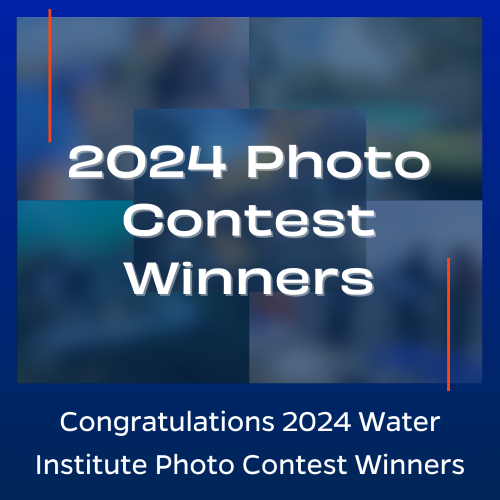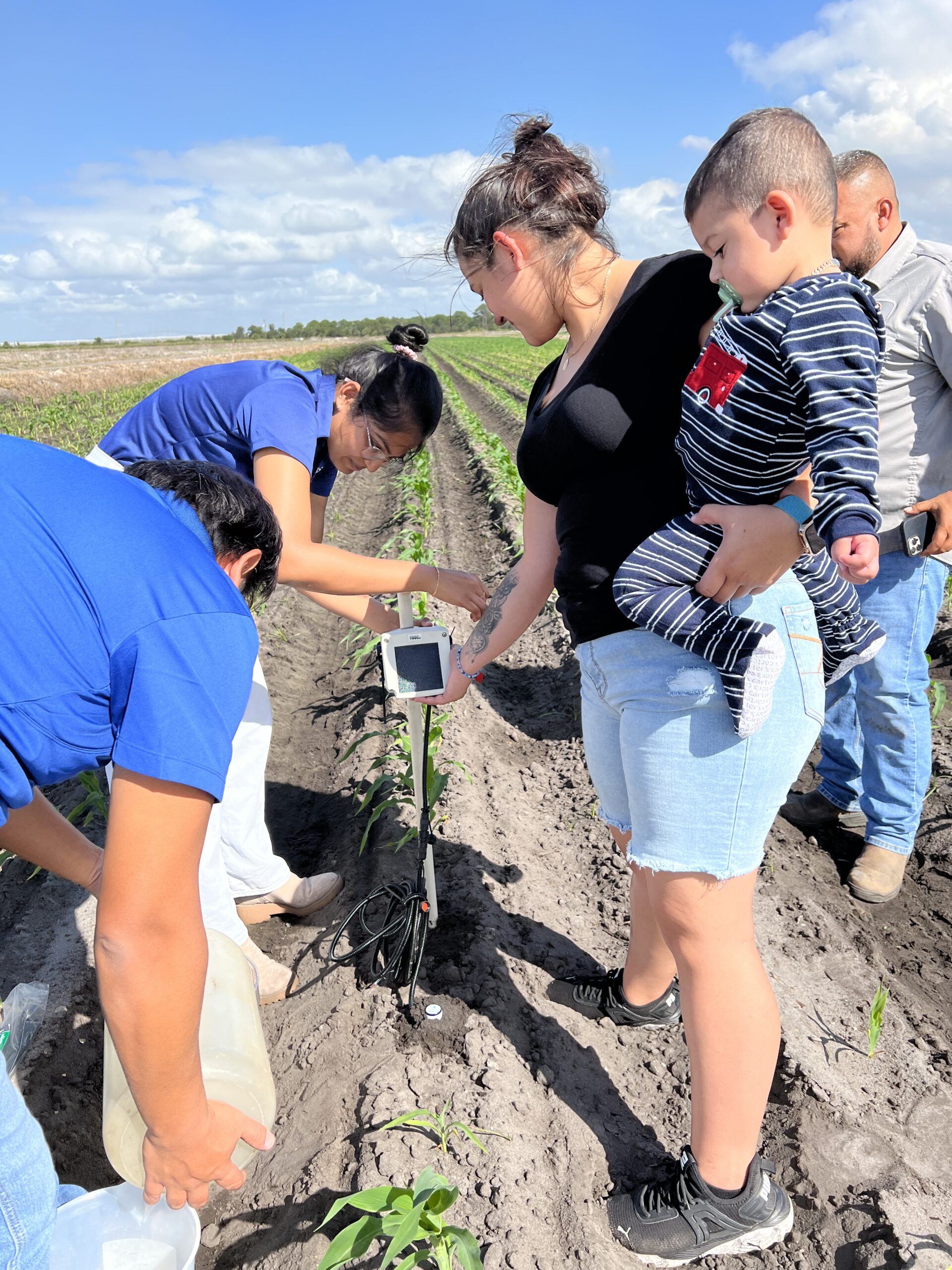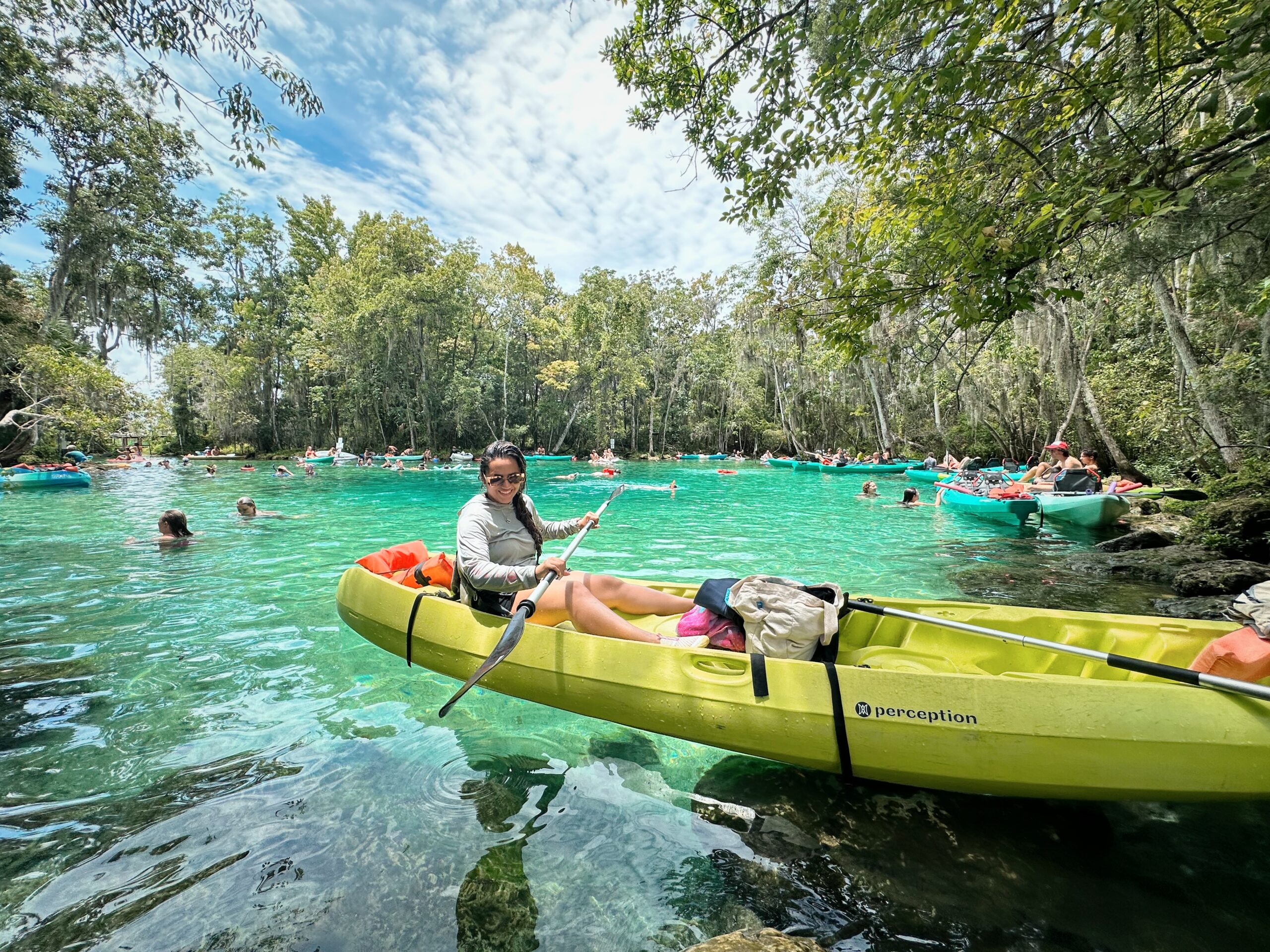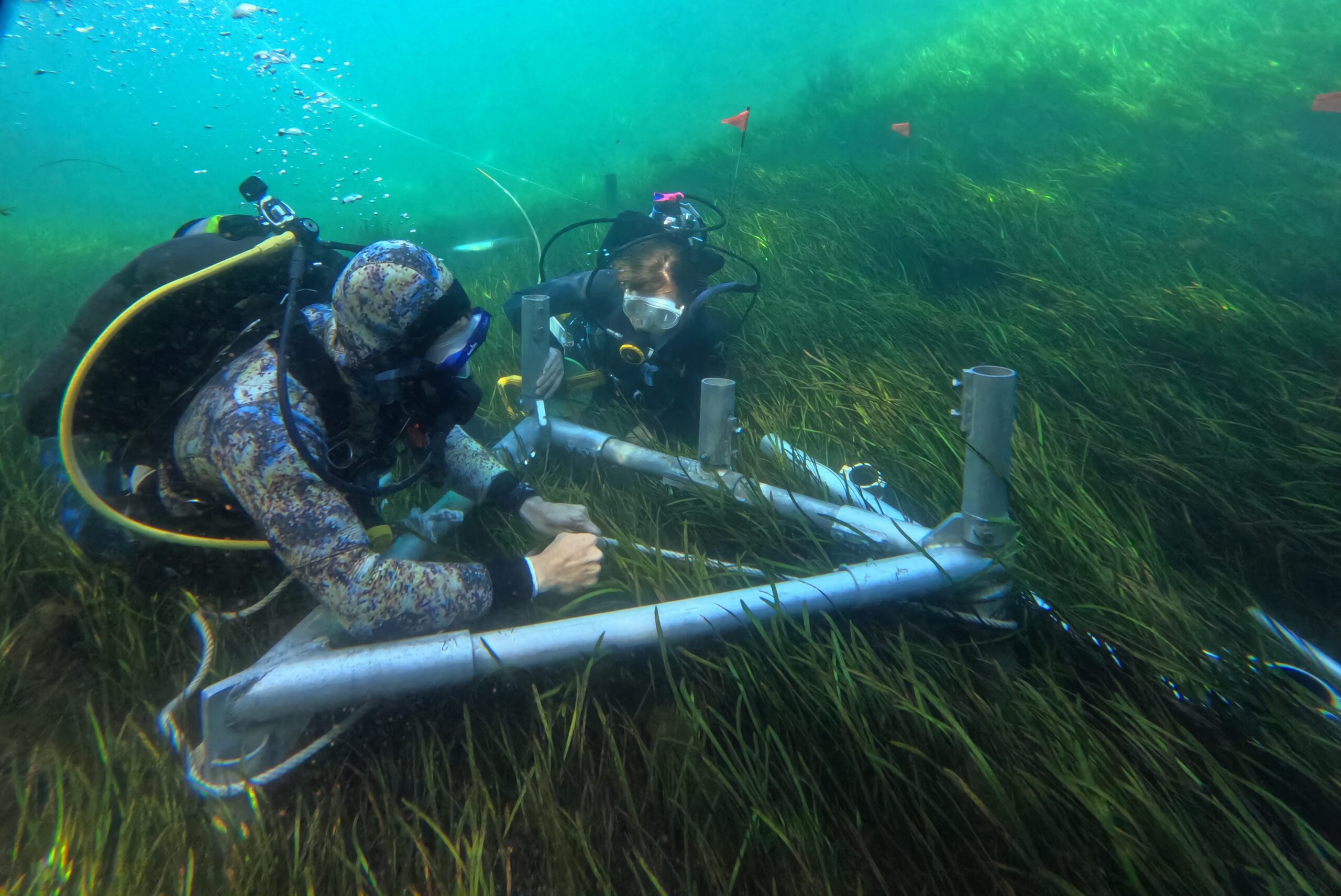Congratulations 2024 Photo Contest Winners
Thank you to all the participants of the Water Institute’s 2024 Photography Contest! We greatly appreciate the time, creativity, and effort put into all the submissions.
Congratulations to our five winners: Emily Watts, Akshara Athelly, Mileisha Velazquez, Kathleen Schoenberger, and Joann Mossa. Their photos were selected for their aesthetic appeal, relevancy, and conveyance of the University of Florida’s water-related projects and programs. Each winner will receive a $100 prize, and their photos will be showcased in the Water Institute’s 2025 calendar, featured on the Water Institute’s website, and presented at the 2024 Water Institute Awards Ceremony.
Research
Emily Watts
“This photo is from fieldwork in the fjords of Patagonia. Patagonia is under pressure from anthropogenic activities such as melting glaciers, aquaculture, anomalous climate-oceanographic events, inland hydrological changes, and harmful algal blooms. I took this photo of Chilean scientist sampling the water column of the Quitralco fjord with the intent to study estuarine circulation and carbon cycling.”
Extension and Outreach
Akshara Athelly
Photo taken by Extension agent Yvette Goodiel
“This picture is a part of my Ph.D. research and extension study ‘Development of Integrated Sweetcorn Research and Extension Programs in Florida Commercial Fields to Increase Farmers’ Trust in Data-Based Irrigation Scheduling’. The picture conveys soil moisture sensor installation training to a sweet corn farmer at his field.”
Water in Action
Mileisha Velazquez
Photo taken by Amanda L. Sills
“During this summer, I visited Three Sisters Springs at Crystal River, FL for the first time. Kayaking my way towards this crystal-clear oasis, was quite an adventure and a beautiful view. The beauty of a healthy ecosystem is what we are all drawn to. Water services are not only mesmerizing to the eye but are also essential for human and ecosystem health. Climate change and the additional stress of anthropogenic contaminants threaten Earth’s treasures, our natural resources. Coastal ecosystems are essential to providing an array of ecosystem services and functioning supported by biodiversity. As researchers, we aim to maintain this ethereal ecosystem and facilitate the longevity of ecosystem health and biodiversity support. Keeping this in mind, focusing on research that improves and preserves the health of aquatic ecosystems and water services will promote a healthier environment that we can continue to rely on and appreciate.”
Winner-at-Large
Kathleen Schoenberger
“Patrick Norby, CCS Research Coordinator, and undergraduate student Audrey Haynes are pictured working together to set up large steel mounts that will be used to attach velocity meters and Go Pros. The data collected will be used for Katie Schoenberger’s master’s thesis research that seeks to characterize hydrodynamics of submerged aquatic vegetation motion in Florida Springs to ultimately gain a better understanding of algal accumulation and removal in these systems.”
Winner-at-Large
Joann Mossa
“In central Australia, there are several large, permanent waterholes and intermittent rivers that provide habitat and refugia for flora and fauna. This photo is of one of these intermittent streams just east of Alice Springs, Australia, known as Jessie Gap. This site is in the East MacDonnell Ranges and is an important spiritual site to the Eastern Arrernte Aboriginal people. Our group is working with others to understand the biophysical character and cultural importance of waterholes and intermittent streams in central Australia.”
September 25, 2024







